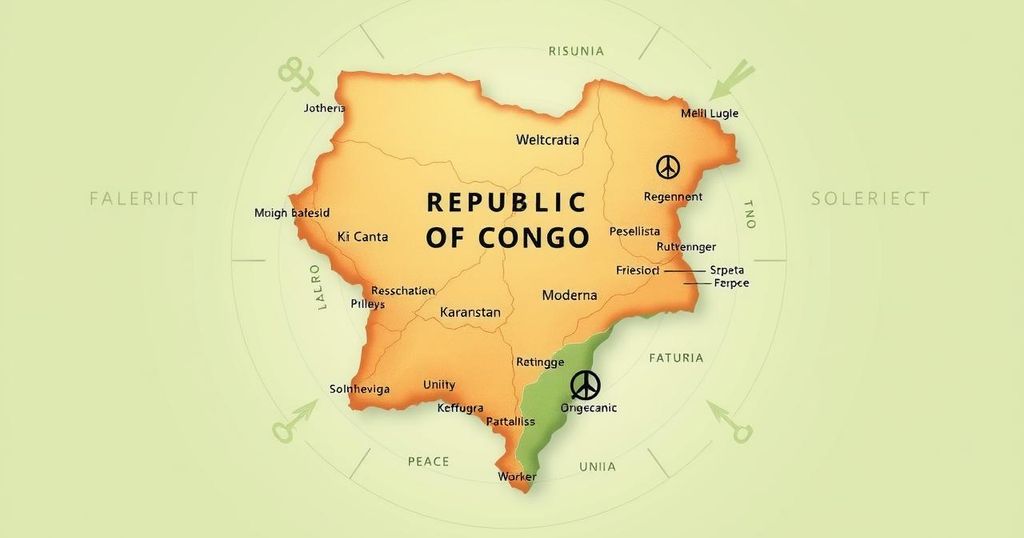The United States calls for respect of the DRC’s sovereignty amid ongoing fighting. Former president Kabila demands the removal of foreign troops. Rwanda criticizes Germany and Canada’s stance on the DRC crisis. The situation is complicated by trends of genocide ideology linked to FDLR and M23’s commitment to protecting the Banyamulenge community.
The United States has emphasized the importance of respecting the sovereignty of the Democratic Republic of the Congo (DRC) amidst ongoing hostilities in the region. This call highlights the international community’s responsibility to support the DRC without undermining its autonomy during the ongoing crisis. Furthermore, various opinions have surfaced on the effectiveness of financial aid freezes to resolve the situation within the DRC.
In a related development, there are concerning trends related to genocide ideology that have been linked to the Democratic Forces for the Liberation of Rwanda (FDLR), which operates within the DRC. These alarming connections underscore the complicated nature of the conflict and the need for focused international and local efforts to address underlying issues. Amidst these tensions, former president Joseph Kabila has called for the withdrawal of foreign troops, advocating for DRC’s independence in managing its security and affairs.
Rwanda has responded critically to the positions taken by Germany and Canada regarding the crisis in the DRC, indicating a divide in perspectives among international actors. Meanwhile, the M23 rebel group has expressed its determination to counter the attacks on the Banyamulenge community, declaring that it will not remain passive as violence continues.
In summary, the situation in the Democratic Republic of the Congo remains complex, with international calls for respect of its sovereignty amidst a backdrop of conflict. The interwoven issues of external military presence, financial aid strategies, and the influence of extremist ideologies further complicate the pathway to peace. Ongoing dialogues are essential to navigate these challenges effectively.
Original Source: allafrica.com






